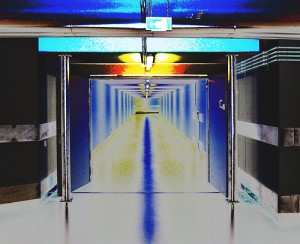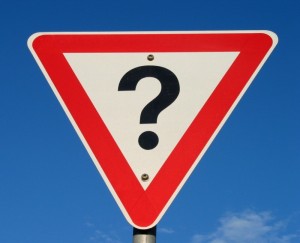Everybody knows that Alzheimer’s disease is a form of dementia that occurs among the elderly, but did you know that severe memory loss from vitamin B12 deficiency can happen, regardless of your age? Find out how vitamin B12 deficiency affects brain health.
What is dementia?
Dementia is a brain disorder that causes you to lose thinking skills like memory, reasoning, language, and social awareness. Dementia is a progressive condition- the symptoms of dementia only worsen with time.
Degenerative dementia is permanent, meaning that the brain damage that caused dementia is irreversible. Still, some kinds of dementia can be reversed if caught in time; such is the case with a brain tumor.
Alzheimer’s disease is one of the most notable types of degenerative dementia.
Adult ADHD Could Lead to Dementia
What are the symptoms of dementia?
The most common symptoms of dementia are:
- Short-term memory loss: While dementia patients don’t usually have difficulty remembering things from their childhood with crystal-clear vision, they are likely to forget messages, conversations, or doctor’s appointments from the previous day…or hour.
- Moodiness: Alzheimer’s disease patients may shift through moods in the blink of an eye- one minute content, the next minute expressing deep anger, and rage. Paranoia and depression are common traits of elderly individuals suffering from dementia. Often, people with dementia lose interest in things like hobbies and social clubs that they used to enjoy. In some cases, they may become antisocial and exhibit bad behavior in public.
- Difficulty communicating: People with dementia tend to have circular conversations, immediately forgetting what they spoke of a moment ago, and returning to the same topic. They also have trouble recalling everyday words, as their vocabulary skills have decreased significantly.
- Decreased perception skills: Dementia patients have great difficulty understanding new or foreign concepts.
- Inability to multi-task
- Cognitive decline: Senior citizens with dementia have trouble thinking abstractly, figuring amounts, and using logic.
- Tendency to lose things
- Hallucinations
- Loss of self-awareness
Aging begins at 45- Tips on how to Prevent Early Memory Loss
What causes dementia?
As there are many different types of dementia, there are also various causes and correlations, as well.
- Alzheimer’s disease
- Stroke (Vascular dementia)
- Dementia with Lewy bodies
- Huntington’s disease
- Multiple sclerosis
- Parkinson’s disease
- Pick’s disease
- Progressive supranuclear palsy
- Brain tumor
- Head injury
- Chronic alcoholism
- Vitamin B12 deficiency (Pernicious anemia)
- Certain cholesterol-lowering medications
How do doctors diagnose dementia?
If your doctor suspects dementia, he will have to review the patient’s medical history and order various physical exams before he diagnoses dementia. Additionally, any underlying medical conditions that may contribute to dementia symptoms will be reviewed, such as low levels of vitamin B12 or history of depression.
The most common tests used to diagnose dementia are:
- Neurological exam (mental status examination)
- MRI brain scan
- Vitamin B12 blood test
- Ammonia blood test
- Blood chemistry test
- Thyroid test
- Toxicology screening for alcohol
- Cerebrospinal fluid (CSF) analysis
- Electroencephalograph (EEG)
- Head CT
- Urinalysis
Treatments for dementia
Depending on the cause of dementia, your physician might prescribe one of the following treatments for dementia:
- Vitamin B12 supplements, if vitamin B12 deficiency symptoms are the cause of dementia.
- Acetyl cholinesterase inhibitor, for dementia with Lewy bodies
- Antipsychotics
- Mood stabilizers
- Stimulants
- Donepezil (Aricept)
- Rivastigmine (Exelon)
- Galantamine (Razadyne/Reminyl)
- Memantine (Namenda)
Brainy People are high on B12, according to Brain Health Study
Please tell us…
Do you or a family member suffer from short-term memory loss, chronic fatigue, or depression and anxiety? You could be suffering from B12 deficiency.
Other symptoms of low B12 levels include painful tingling or numbness in hands and feet, sore red tongue, unusual clumsiness, and tinnitus ear ringing.
Please share your experiences with our community, and let us know if you found this article helpful.
Thanks for sharing!
Read more about vitamin B12 and the brain:
Here’s Your Brain on B12 Deficiency- Memory Loss and Aging
How to keep Vitamin B12 Deficiency from Shrinking your Brain
Vitamin B12- How much do you need?
Sources:
What is dementia? Alzheimer’s Society
Dietary Supplement Fact Sheet: Vitamin B12
Images, from top:





